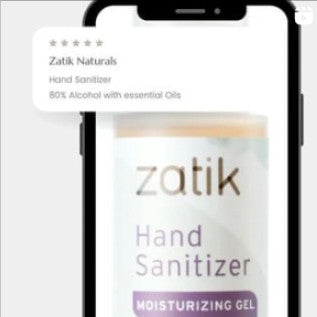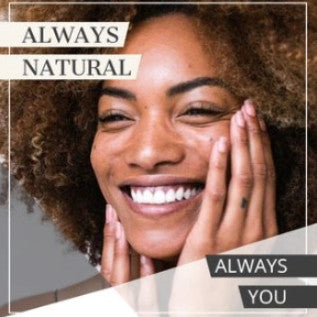Not yet using certified organic skin care products? Here’s why you should.
It’s beautiful, sensual, and functional—it defines us in so many ways, giving shape to our bodies, a face to our soul. It’s easy to forget though that our skin is an organ —from the pads on our fingertips and toes to our lips, ears, elbows, belly buttons—constantly at work just like those organs inside us that it dutifully protects.
So with skin being part of—not a coating on top of—our bodies, do you really want to slather synthetic chemicals and pesticides all over this vital organ?
Our skin’s protective duties aren’t the only reason organic skincare products make sense. The skin is a doorway into the body (more like a slow-absorbing sponge). It delivers nearly 70 percent of everything that’s put on it into the bloodstream and, eventually, those substances make their way into every other organ.
For decades, though, women and men have treated their skin more like an accessory than a part of our delicate bodies. One of our go-to ingredients in beauty products is derived from toxic petrochemicals (mineral oil). Even today, manufacturers of beauty products for the skin and hair use words like “natural” and “pure”—and that may be the case for some of the ingredients in the product. But when those are comingled with harsh synthetic ingredients with dangerous side effects, the natural and pure ingredients don’t seem to matter as much.
Like the food we eat, skin and hair care products made with certified organic ingredients benefit us in numerous ways. The organic label lets you know that the ingredients—which may be pure in their own right (think almond oil or lavender)—aren’t carrying hidden toxins by way of pesticide, herbicide, or chemical fertilizers or fungicides used during the growing process.
And that’s a big plus for your skin, for your body.
Numerous pesticides and herbicides have been linked to certain health risks including endocrine disruption and certain types of cancer. And if you think just opting for organic food at the supermarket is your best bet for avoiding those risks, you’re missing part of the picture, particularly if your beauty products are still filled with harmful chemical ingredients.
But of course, not every skincare item has a certified organic counterpart. We at Zatik Natural are thrilled to be one of many brands creating certified organic skincare, but there’s still a long way for this industry to go.
So, what if you can’t find a certified organic product you like? Here are a few rules we cherish:
- Are there chemical-sounding ingredients? Granted chemicals are in all things, some are just natural, and some just aren’t. So, if you see ingredients that sound like they were made in a lab, they probably were, and it may be best to avoid those.
- Reference the EWG Skin Deep database. This tool is a gold mine of information and rankings for all kinds of personal care items. Our products were just added to the database. You can search by brand or ingredient for a thorough breakdown of risks and dangers.
- DIY-it! One of the best and often easiest ways to ensure you’re getting clean skincare is to just make it yourself. It may be too complicated for a shampoo or toothpaste, but you can easily whip up body scrubs, face masks, and even lip balms with just a few ingredients and a little time.




